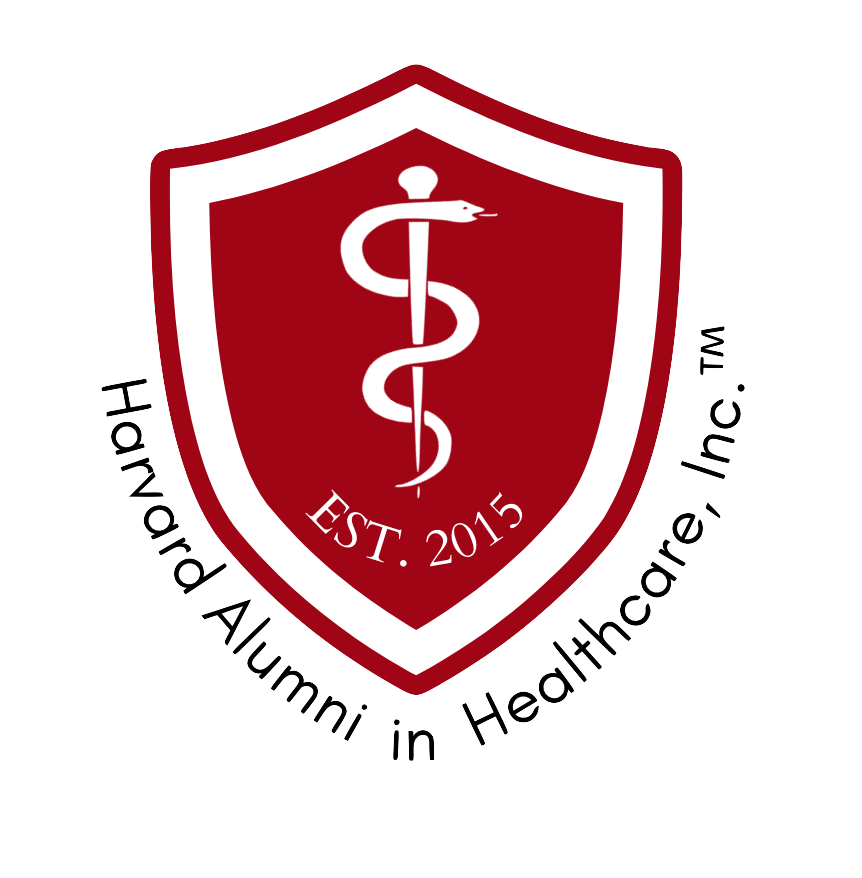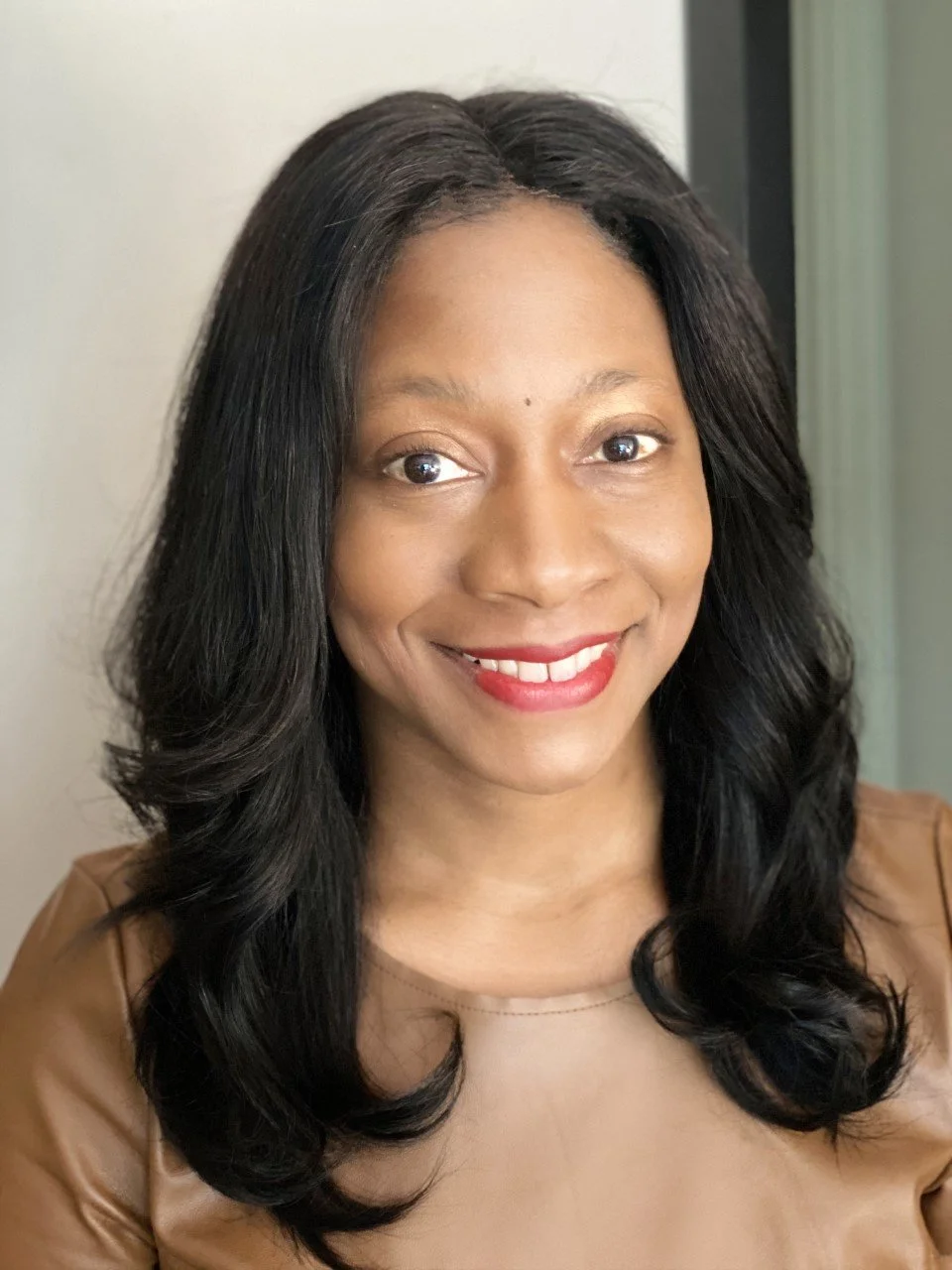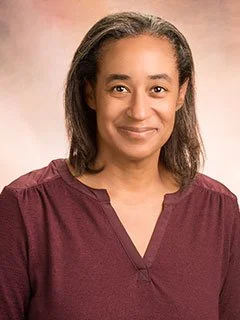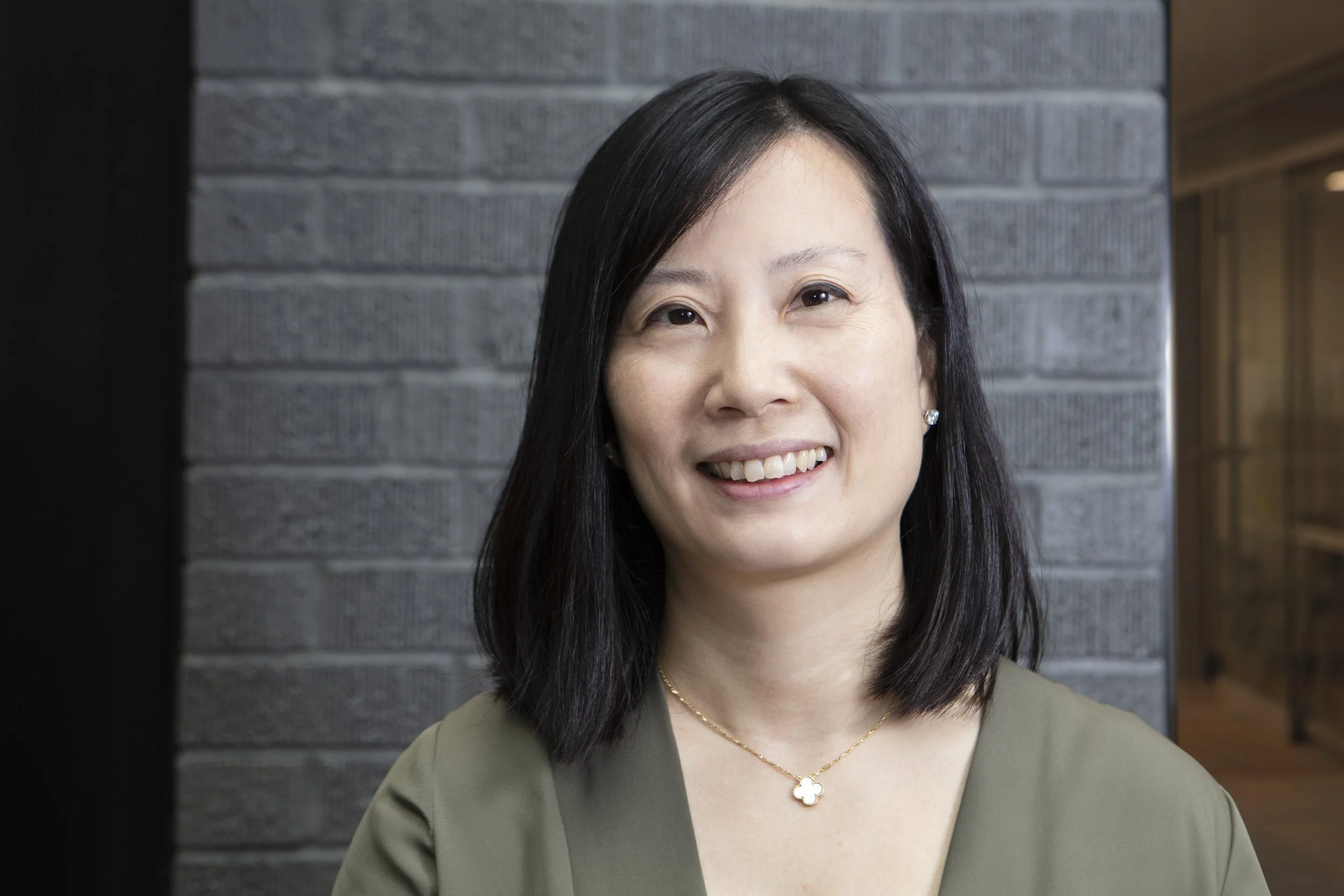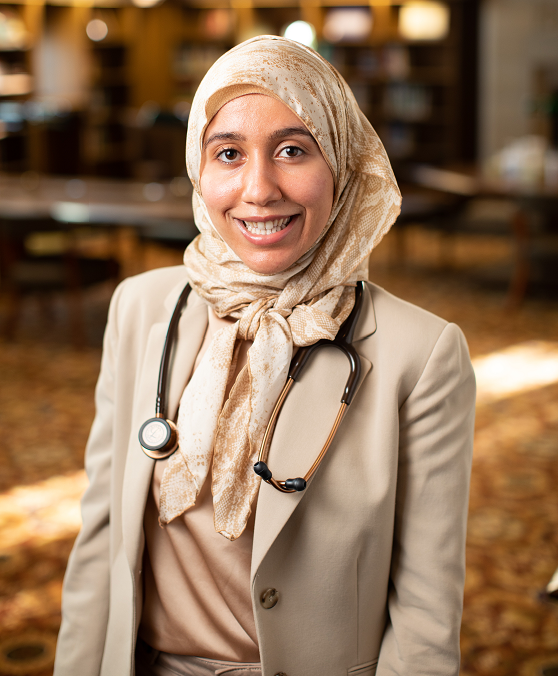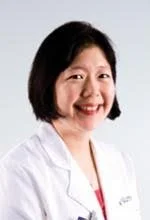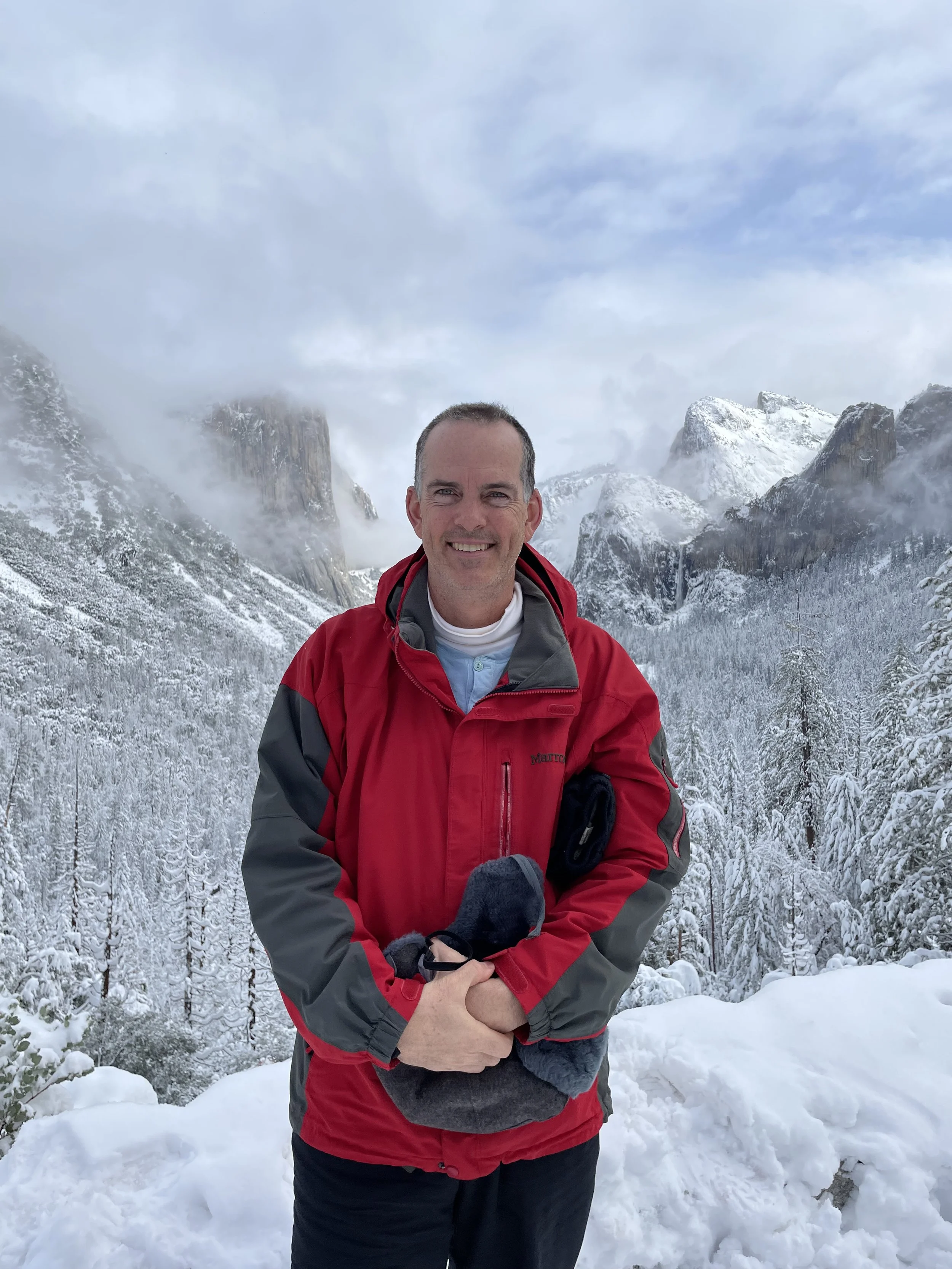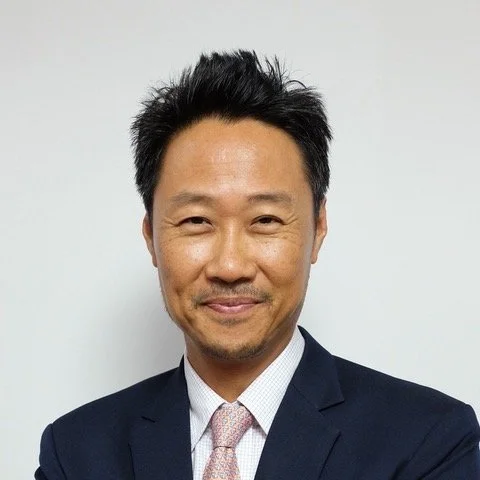For this People of HAIH post, we had the honor of speaking with Colonel Merbin (Mer) Carattini. Recently, Colonel Carattini was Commander of the US Army Medical Department Activity – Bavaria in Germany, where he was the Chief Executive Officer for five Military Treatment Facilities spread through the South of Germany, Romania, and Bulgaria following his completion of the National Security Fellow Program at Harvard Kennedy School.
Read MoreI was born and raised in Atlanta, Georgia, which is the birthplace of Martin Luther King Jr. and home of the late Congressman John Lewis — growing up there, then, had huge implications for how I weave together my focus on disparities with equity and justice today.
Read MoreI’ve known since the age of four that I wanted to be a pediatrician. Because I had that knowledge, I wanted to study something at Harvard that I would never get an opportunity to study again. I was a sociology pre-med concentrator, and I focused on race and ethnic relations at Harvard. I was already studying the social determinants of health then, before it became more commonly studied as it is today, and particularly I was interested in poverty and health inequities.
Read MoreLaw is a beautiful way of structuring your thoughts. Legal arguments are careful, well-researched, thoughtful, historically grounded, and serve important social functions. The appeal of that kind of thinking really drew me, and I also wanted to do good — and you can do a lot of good in law. I loved law school, too. The training of law school is something you can never undo. It’s a bit like imprinting a little duckling—you can never unthink like a lawyer. That’s a warning! Once a lawyer, always a lawyer.
Read MoreI was in the 50th class at HMS to include women. To celebrate, HMS had celebrated with a symposium. Speakers included women alumni who talked about their careers. To be able to hear from these women and how they achieved work-life balance was just so inspiring. The most helpful advice I heard was to get somebody to clean your house.
Read MoreOne of the most defining moments later when I worked in industry was at a launch meeting when I was sitting next to the inventor of the drug, the first patient, and their treating physician. That was an amazing experience, and it still brings tears to my eyes. That’s why I’m pursuing what I do. It’s this image of patients and their families and physicians whose lives we are trying to improve.
Mentorship is very important. Talking to lots of people can be helpful in understanding which career path may be a good fit. Subscribing to newsletters like the HAIH is a great start—but reaching out to interesting folks directly can be even more helpful. I met many of my mentors by way of a “cold email.” Especially at big places like Harvard, you often need to be proactive in seeking out and retaining mentors.
If you notice that there is a gap or something you dislike in the system, I would encourage you to not just let it slide. Figure out a way to combat it and it will enhance the practice of medicine. It does not have to fall on your shoulders only — that’s a fast track to burning out — but realize that you have more insight and power as a medical student than you might assume.
Read MoreI work in Indigenous American Indian communities, and the biggest challenge for us is that our services are really underfunded. There is a history of making treaties between tribal nations and the United States in which we surrendered lands in exchange for promises. Healthcare services are understood to be part of what’s called the ‘trust responsibility’ of the United States to take care of the health of American Indian people. There is a branch of the U.S. public health service, known as the federal Indian Health Service (IHS), which is responsible for the delivery of healthcare services across “Indian Country,” as we say [to refer to] reservations and tribal nations. However, it has never been funded very well, so it’s very inadequate for meeting all of our healthcare needs. For example, while funds from the Indian Health Service can include hiring physicians, social workers, and nurses to deliver care, it does not typically include specialists. In fact, in the area of the country I’m from, the service area for the IHS encompasses all of Montana and Wyoming, where only one psychiatrist consults with all of the different reservations on mental health concerns. As such, being really deeply under-resourced is one of our chief dilemmas in Indian country.
Read MoreWhen I was at Harvard, I studied History and Science, and it was really rewarding. It’s amazing to be going from analyzing Latin in manuscripts and trying to decipher merchants’ handwriting to jumping to work in the lab with next-generation DNA sequencing. I went straight through to Harvard Medical School in the New Pathways program. Obviously you work hard in Medical School, but you also start to get the sense that you’re the master of your own destiny. In medical school, I also got started working on what would become my company, SurgiBox.
Read MoreMy name is Joan Jeung. Way back in the day, as an undergrad, I was Joan Kim, Harvard College Class of 1993. I was at Currier House majoring in Sociology, and I was pre-med at the same time. I'm currently on the Pediatric Clinical Faculty at the University of California San Francisco (UCSF) School of Medicine. But for many years before that, I was working as a community pediatrician at Asian Health Services, which is a federally qualified health center in Oakland, California largely working with Asian American immigrant and refugee communities.
Read MoreMy name is Karen Kim. I was a member of the class of ‘98 at Harvard, and I lived in Dunster house. I’m originally from California and grew up in LA and the San Francisco Bay area. I went to Stanford for medical school, which is very close to home for me, and that's where I met my husband, who is also a Harvard alumnus, class of ‘96. He's an engineer, and his first faculty position was in Cleveland, so Cleveland is where I did all my training. I completed my internal medicine residency at University Hospital Case Western and then went on to my GI fellowship at the Cleveland Clinic. When my husband’s new position took us to Cornell University in Ithaca, NY, I joined a practice called the Guthrie Medical Clinic, so I practice in Ithaca, New York now, where I’ve been for 10 years.
Read MoreDisaster medicine is not your traditional medicine where you see patients day in and day out. When you’re not deployed, you’re busy with research, with education. Before COVID, I was in Zambia teaching field rangers some basics of tactical medicine, doing prolonged field care, and they actually ended up deploying to Mozambique when cyclone Idai hit a few months later. It was great to know that I could impart some of my knowledge to others that went on to help those in need. I also learnt a lot about tracking animals and people in the field and how to make antelope steaks so you’re also always constantly learning something new as well!
The biggest thing that has influenced my life and career is really just finding my why. Once you know your “why,” and it has to be very specific to the core thing that motivates you to be successful, you can build a life’s work around it. Decisions don’t necessarily become easy, but they can become easier. There often are many ways to achieve your goal, and if you don’t like the way you’re using at this point, you can choose another. Once you find that underlying why, then, the rest can a bit more easily fall into place.
When I came back to school, I started seeing the point of what I was learning. It really helped that I was able to take classes that I wanted to take on my schedule and not have others tell me what classes I needed to take initially during this transition period back. My family was happy I was going back to school; when my dad was working, he was on the maintenance staff at a hospital, and that’s actually how I got into medicine - I saw people working on medical records in the office, and so I became interested in doing the same. I didn’t go into the office, he was talking to people there and suggested that I might like it.
Read MoreI am amazed to realize that it’s now been 19 years that I’ve been practicing Emergency Medicine. Three years ago, I was offered the position of chair of my department, and I felt it was time I assumed more of a leadership role… and then came COVID and it has been just a bit more challenging then I signed up for…
I’m Kee Park. I’m the Director of Policy and Advocacy at the Program of Global Surgery and Social Change, a program embedded in the Department of Global Health and Social Medicine at Harvard Medical School. Our vision is universal access to surgical care. I also lead the Global Neurosurgery Initiative Team within the program, where we train future leaders in Global Neurosurgery and conduct research into the global public health dimension of neurosurgery. Finally, I’m the Director of the Korea Health Policy Project. I’ve been to North Korea over 20 times and have a North Korean license to practice medicine. I not only work alongside North Korean doctors, but I also have a lab where we study health in North Korea and the role of geopolitical factors that impact the health of North Korean people. Those are the three main hats that I wear.
I’m Chris Gilligan, and I’m the Associate Chief Medical Officer of Brigham and Women's Hospital here in Boston. I’m also Director of the Brigham and Women's Spine Center, and I serve on the Faculty of Harvard Medical School as an Assistant Professor.
I look forward to being involved in more board opportunities and the chance to do more writing on health policy and health equity. I also enjoy mentoring and sponsoring others because I recognize I couldn’t have made it here today without active participation of many mentors and sponsors. Overall, my career has been a broad arc that all started with studying how basic mechanisms could lead to diagnostic and therapeutic breakthroughs. My career experience exemplifies how one can really start in one place and end in a different place based on your interest and opportunities.
Read MoreI’m Wendy Weiger. My home is an off-the-grid cabin deep in the Maine Woods, where I write about our relationship with the natural world. I focus on the importance of deepening our connection with nature. The goal of enhancing our bond with nature is twofold: to improve our health on multiple levels—physical, emotional, spiritual—and to inspire us to work toward healing the wounds we’ve collectively inflicted on the Earth. Through my grassroots nonprofit, Achor Earth Ways, I put my writing into practice. I offer mindfulness-based programs that guide participants into renewed intimacy with nature—whether they’re in an urban park, their own backyards, or deep in the wild. I don’t see the work I’m doing now as a departure from my career in medicine. I see it as the practice of medicine in a broader sense.
Read More